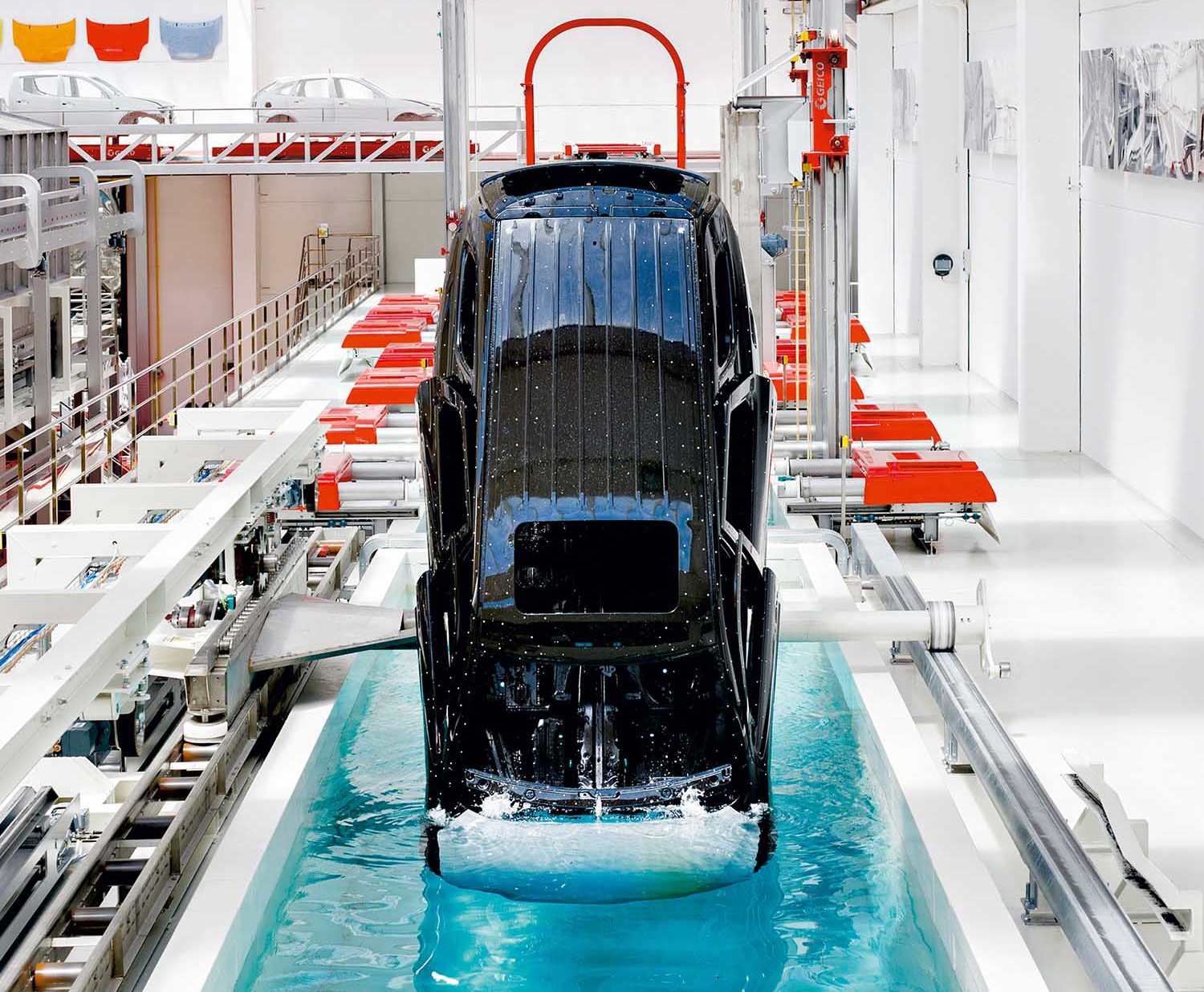Sustainable development in manufacturing
The circular economy represents a systemic shift that generates better growth opportunities and provides environmental and societal gains.
Streamlining manufacturing for more sustainable development
Applying circular economy principles in the field of manufacturing
The circular economy represents a systemic shift that builds long-term resilience, generates better growth opportunities and provides environmental and societal gains; the principles consist of eliminating waste, keeping materials in the loop and powering the industry through renewable energy. Applying these principles will result in significant progress in five key areas of manufacturing: cement, aluminum, steel, plastics and food.
Circular manufacturing also makes the business case for sustainability, where multi-stakeholder value is created. New business opportunities arise, but they also bring significant complexity. It is no longer about one unit of analysis in the supply chain — it is about the entire value network and ecosystem; suppliers, production plants, the marketplace, consumers and retailers.
Navigating this complexity to create innovative and sustainable experiences is a challenging task; it requires a diversity of knowledge and know-how with an empowered workforce and the need to connect the dots between people, ideas and data inside and outside the company. Virtual worlds enriched with modeling, simulation, optimization, collaboration and business process execution and performance enable us to push our imagination boundaries; they allow us to empower people to test infinite possibilities for innovation towards a sustainable future.

Revolutionizing auto body painting with smart paintshop
Italian-Japanese company Geico Taikisha is a world leader in automated body painting systems and has been a partner to carmakers around the world for more than 50 years. It is now about to revolutionize its industry. The company’s collaboration with Dassault Systèmes will give carmakers more flexibility in their production, at a time when mass personalization is increasingly important.
Modularity is also a focus, as many customers need to manage multi-car platforms and new product introduction. DELMIA’s solutions are unleashing the potential of Geico Taikisha’s Smart Paintshop, which is designed to be the car paintshop of the future, with smart, connected solutions to improve efficiency, safety, quality and cost – while at the same time working towards ambitious sustainability goals. The 3DEXPERIENCE platform manages communications between processes and end-user systems, complemented by an IoT system and technologies that facilitate energy and design management.
The Paintshop Execution System is fully adapted to match the requirements of its specific environment, and DELMIA Apriso helps to create deep insights throughout the entire car painting process. The Smart Paintshop system manages, guides and documents each step with pinpoint precision. This innovation allows Geico Taikisha to provide its automotive customers with an end-to-end solution that will help them adapt to increasing demand for high-quality, low-cost products and high levels of customization.
Ensuring resilient supply chains
The COVID-19 crisis starkly highlighted the fragility of some supply chains. In many industries, however, securing the upstream supply chain has long been identified as crucial to a company’s survival. The 3DEXPERIENCE platform provides a comprehensive solution for designing, planning, simulating and continuously optimizing overall supply chain processes in a virtual environment. It starts with managing supplier-related costs with ENOVIA solutions.
Approving and qualifying each new component before introduction into a product is extremely important to ensure component reuse, introduce parts from preferred suppliers and minimize validation costs. When the supply chains gets disrupted, the first step in the recovery process is to collect and interpret data in order to understand the existing supply network before it can be optimized or redesigned, if necessary.
By connecting enterprise, suppliers, customers and market data into the 3DEXPERIENCE platform, NETVIBES offers supply networks monitoring solutions able to detect and help reduce the impact of disruptions. Should a supplier be at risk, the procurement department can consult PartSupply on the 3DEXPERIENCE Marketplace to find an alternative supplier of a similar product part. From sourcing to distribution, the 3DEXPERIENCE platform helps design more efficient supply chains, plan agile production and secure a comprehensive downstream supply chain.



